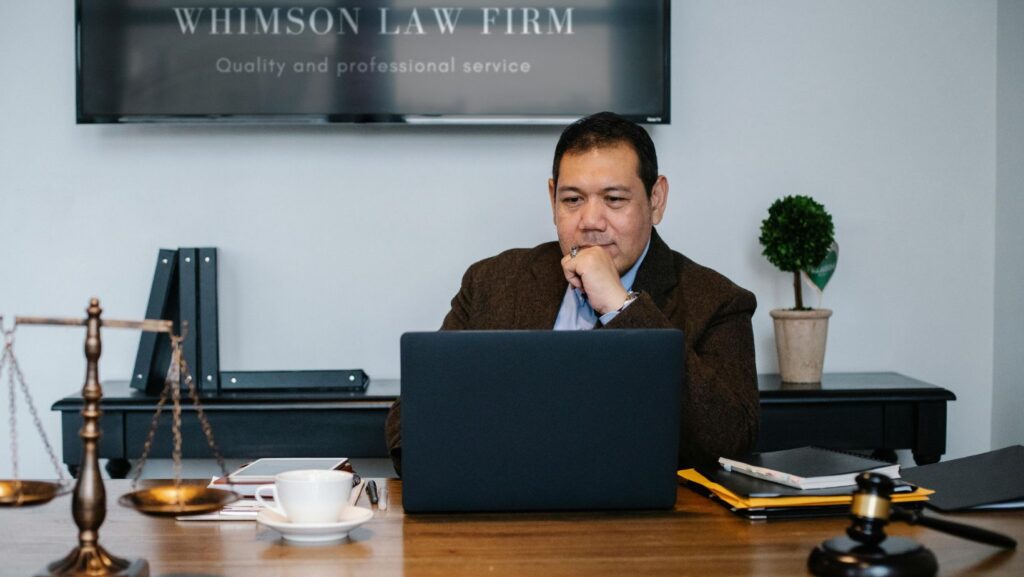Hiring a lawyer is a crucial decision that can significantly impact the outcome of your legal matters. Whether you’re dealing with personal challenges, business disputes, or family issues, the right legal representation will help you navigate the complex legal landscape. But how do you know you’re making the best choice? Before you make your decision, you want to weigh various factors that can affect your case and overall experience. Let’s dive in!
Experience and Expertise
When evaluating a lawyer’s experience and expertise, consider their background in handling cases similar to yours. Different legal specializations require unique skills, and a lawyer well-versed in your specific area of need will be better equipped to address your case. If you are dealing with a truck accident, professionals like Craig, Kelley & Faultless Indianapolis lawyers with a background in personal injury claims will serve you better than someone who specializes in immigration law. Even look into their track record of success and any notable achievements they have made in their career. Sometimes, that can be as easy as checking online reviews and ratings or asking for references from previous clients.
Reputation
A lawyer’s reputation in the legal community can greatly influence your choice as it provides insights into their professional conduct, reliability, and success rate. Researching a lawyer’s standing can be done by reviewing testimonials and feedback from their past clients, as well as checking for any disciplinary actions issued by the state bar association.
Seek out peer reviews and endorsements from other attorneys, which can often be found on professional networking sites. A reputable lawyer typically has strong relationships within the legal sector, which can prove advantageous in negotiations or courtroom settings.

Maintaining a good reputation indicates a lawyer’s commitment to ethical standards and effective advocacy.
Communication Skills
A successful attorney-client relationship starts with effective communication. During your initial consultation, assess whether the lawyer actively listens and effectively communicates their understanding of your case. Good lawyers will keep you in the loop on all developments in your case and provide regular updates.
Check if the lawyer is easily accessible and responds promptly to any queries or concerns you may have. You want to work with someone who values open and transparent communication, not somebody who leaves you in the dark.
Fee Structure
Lawyers typically offer different billing methods, including hourly rates, flat fees, or contingency fees. During your initial consultation, discuss the fee arrangement with the lawyer to ensure transparency and avoid any unexpected costs later on.
Clarify what services are included in the quoted fee and whether there might be additional expenses such as court filing fees, costs for expert witnesses, or other administrative charges. Though the majority of lawyers work on a contingency fee basis, it may not be practical for all types of legal cases. You should always have a written fee agreement before you commence any legal proceedings.
Availability
Your lawyer should not be overloaded with cases, enabling them to dedicate sufficient time and resources to your matter. Before committing to a specific lawyer, inquire about their current caseload and how they plan to manage your case efficiently. It’s imperative to ensure that the lawyer has time not only to prepare legal documents but also to conduct personal consultations and meetings.
An attorney who is locally based is often more accessible than one who operates from a distant location, enabling more frequent interactions if necessary.

A lawyer’s willingness to devote time to your case can greatly enhance the likelihood of a favorable outcome.
Compatibility
Even in a client-attorney relationship, mutual respect and understanding foster a productive working relationship, allowing for smoother case progression. Consider how comfortable you feel discussing sensitive topics with the lawyer. You must trust their judgment and feel confident in their guidance.
Pay attention to the lawyer’s approach and demeanor during consultations—your intuition about whether you can work closely with this person over time is often telling. A lawyer who aligns with your goals and values will likely enhance your confidence and satisfaction throughout the legal process. Selecting a lawyer is more than a transactional decision; it’s about building a partnership that could last months or even years.
Selecting the right lawyer is a pivotal decision that requires careful consideration of various factors. By examining the tips outlined above, you can make a well-informed choice that will positively impact your legal journey. The aim is to build a partnership with a legal professional who meets your needs and champions your cause with integrity and determination.
Take the time and do your research before hiring a lawyer, and don’t hesitate to seek out multiple consultations before making a final decision. Remember, it’s your case, and you deserve the best legal representation possible.
